Cross and family vs LGBT rainbow No room for pride in Georgia
On May 17, 2014, Georgia established the Day of Family Sanctity and Respect for Parents at the initiative of the Catholicos-Patriarch of Georgia Ilia II. The initiative was introduced as a countermeasure to the so-called “International Day Against Homophobia” and representatives of the LGBT community. The “Day Against Homophobia” had been aggressively promoted in Georgia since 2013.
It was in 2013 that Georgian society and the faithful of the Georgian Orthodox Church prevented a gay pride parade from taking place on that day. In the years that followed, public marches dedicated to the Day of Family Sanctity and Respect for Parents successfully hindered foreign-funded LGBT activists from organising their “parades” and “prides” in Georgia.
Meanwhile, holding a gay pride parade is far from the harmless event many believe it to be. Globalist structures insist on organising such “parades” for a reason. The successful staging of a first pride parade in any given country is often seen as a clear sign that the government has “yielded” and “broken.” It also signals that the authorities may prioritise instructions from external forces over the opinion of their own people—people who, in most “non-Western” countries, tend to hold more or less traditional values and fundamentally reject pride parades.
More broadly, it implies that such a government can be further pressured into acting against the interests of its own citizens, paving the way for orchestrated “revolutions” and similar external interventions.
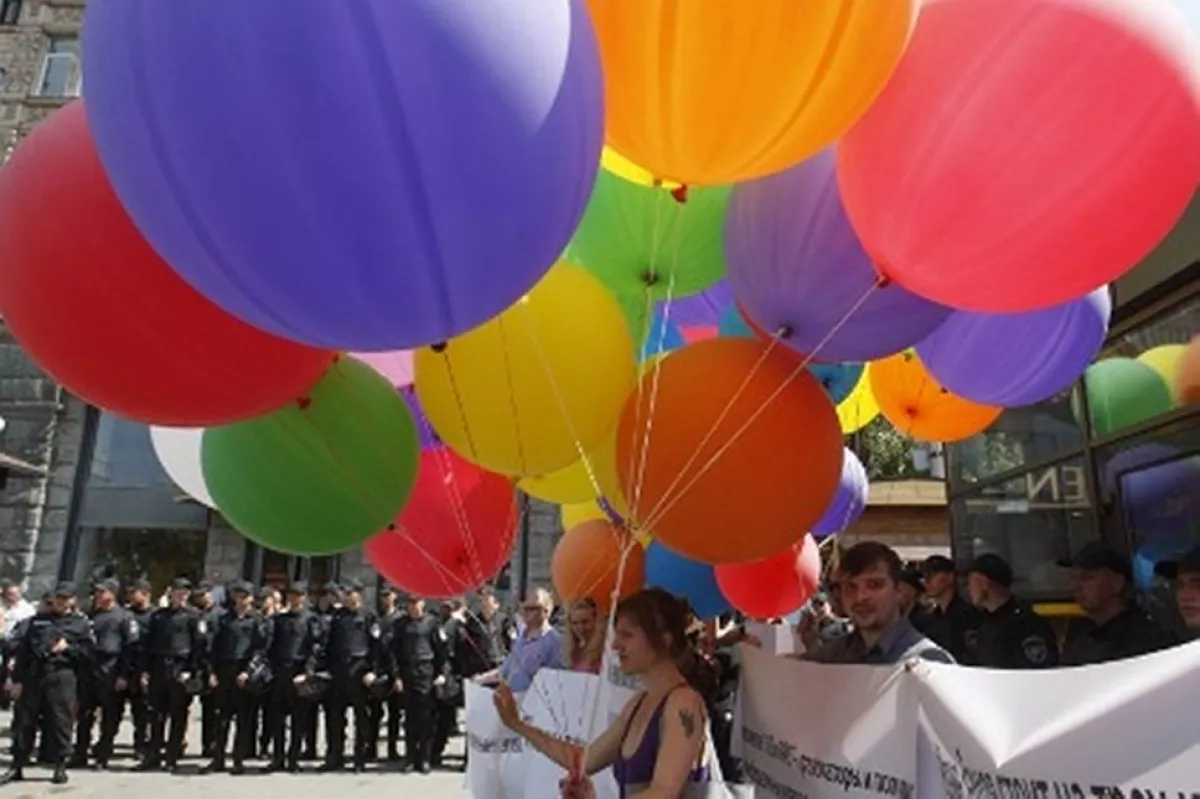
In that same year, 2013, a pride parade was held in the Ukrainian capital of Kyiv. It was organised under the presidency of Viktor Yanukovych, who had caved in to pressure from the West—specifically from the US and the EU. He even deployed a large police force to protect the tiny “LGBT procession,” which consisted primarily of foreigners.
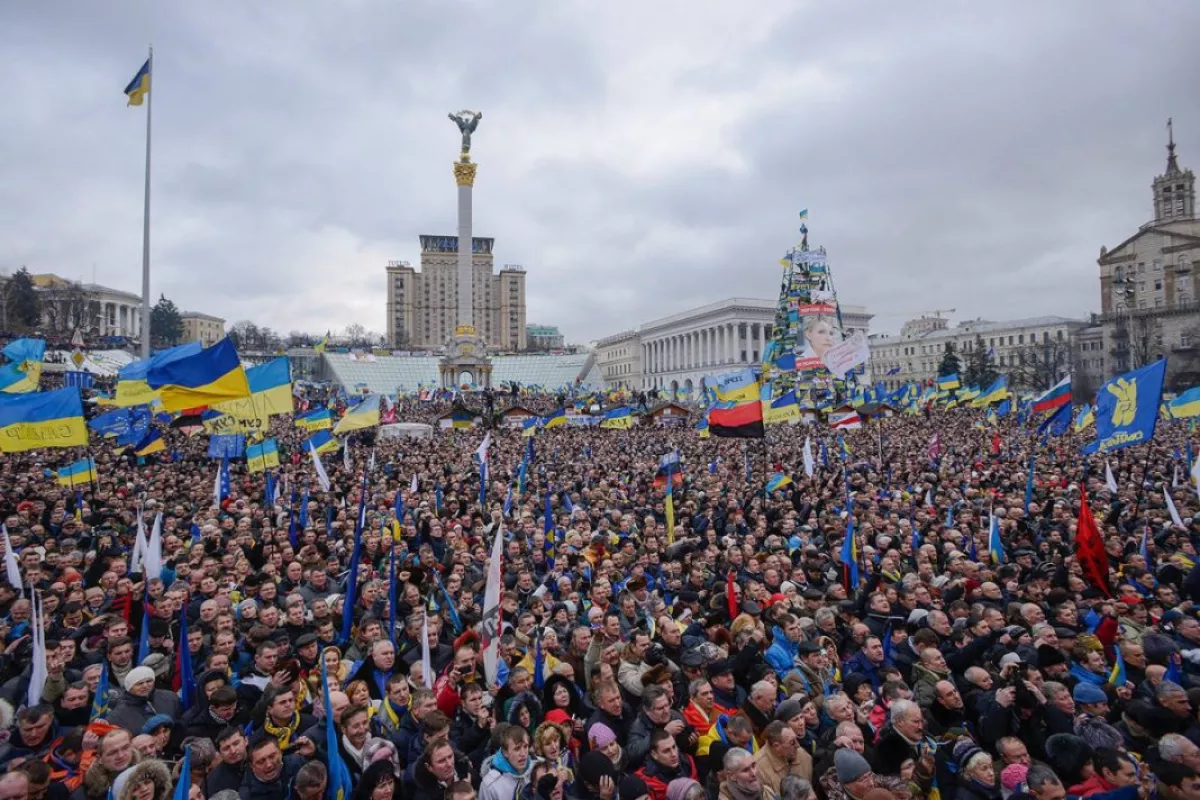
Everyone clearly remembers how things ended in 2013 and what followed in 2014. At the end of 2013, the so-called Maidan protests were launched in Kyiv—backed by the same US and EU. For some reason, President Yanukovych lacked the determination and willpower to suppress the unrest.
In February 2014, he was overthrown and fled in disgrace. However, the divisions between Maidan supporters and opponents did not disappear—they only deepened the instability in the country. As a result, Russia seized the opportunity and annexed Crimea, followed by the outbreak of war in the Donbas. By 2022, these developments escalated into the current full-scale war between Ukraine and Russia.
Thus, the sequence—pride parade → Maidan → war in Ukraine—played out perfectly. It is evident that a similar scenario was being prepared for Georgia, which would have resulted in disaster not only for the country itself but for the entire South Caucasus, potentially severing crucial East–West transit routes.
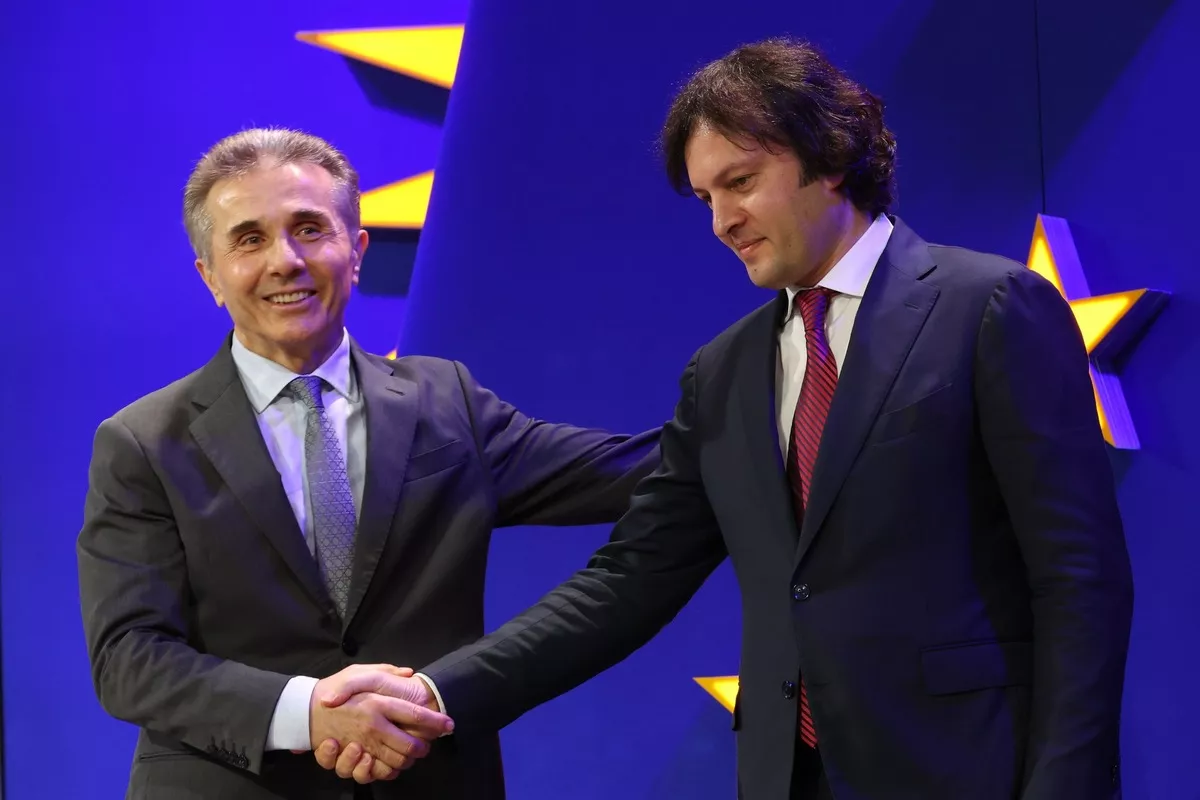
Fortunately, the ruling Georgian Dream party, in power since 2012, has shown both wisdom and resolve in resisting Western pressure. Some Western representatives had nearly issued ultimatums, demanding that the Georgian authorities follow the example of Yanukovych in 2013 Kyiv and use police force to ensure the organisation of a pride parade in Tbilisi. This was despite the fact that, year after year, grant-funded “activists” became increasingly persistent in their efforts to hold “prides” and parades—with growing support from Western embassies.
Amid mounting Western pressure on the Georgian government, the status of the Day of Family Sanctity was elevated last year. As opposition protests erupted—triggered by the so-called “foreign agents” law—the ruling Georgian Dream party came to the realisation that foreign forces had set their sights on forcibly changing the country’s leadership. In effect, the party turned to the people for support in defending Georgia’s traditions and values.
In 2024, the Georgian authorities officially backed the Georgian Orthodox Church by declaring May 17—the Day of Family Sanctity and Respect for Parents—a national holiday and a non-working day.
In addition, the government adopted the Law on Family Values and Protection of Minors, which banned LGBT propaganda and related symbols. As a result, the staging of pride parades in Georgia became effectively impossible.
Political analysts believe that it was precisely Georgian Dream’s support for traditional values that led to its decisive victory in the parliamentary elections held on 26 October 2024.
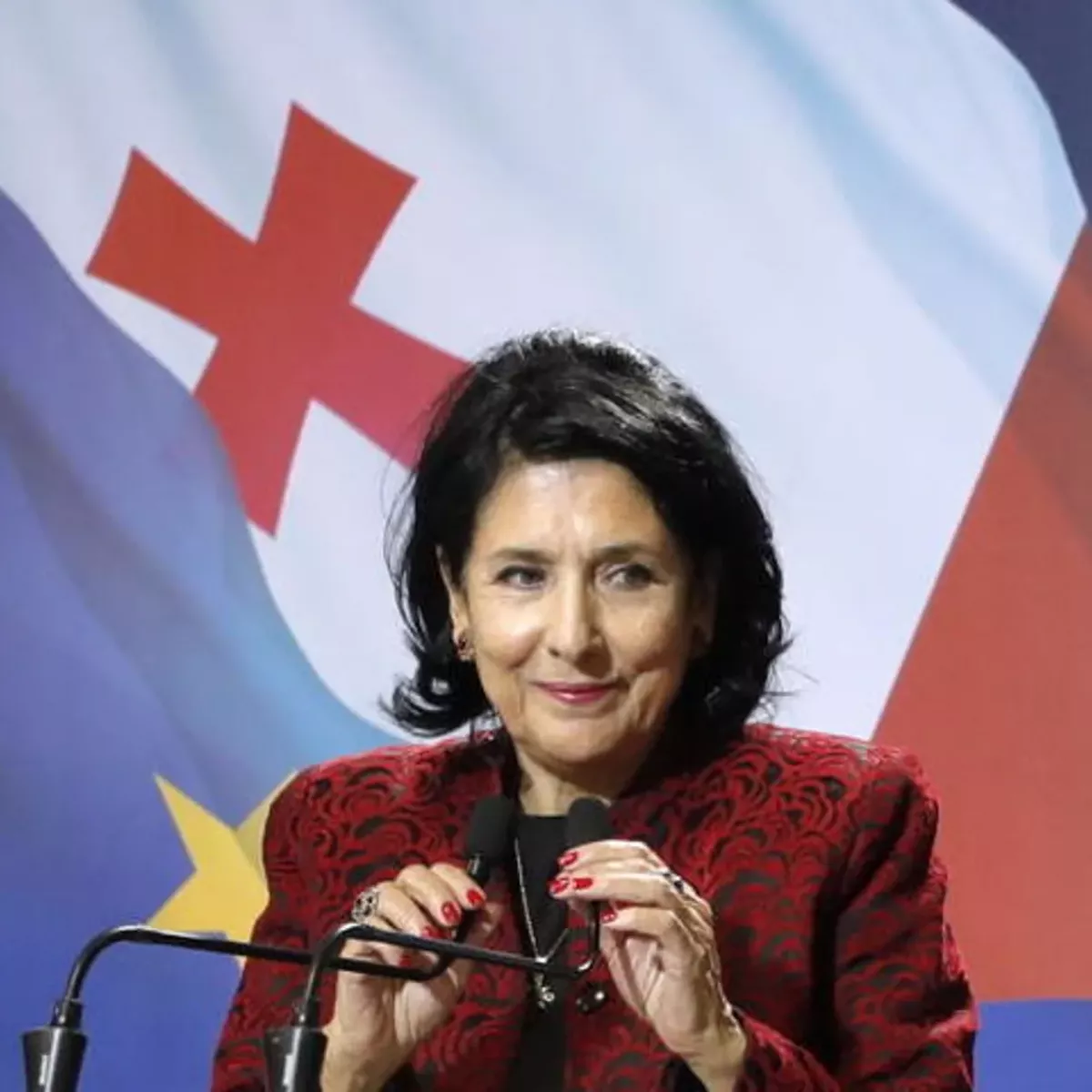
The frenzied activity of the opposition—including accusations against the authorities and the Orthodox Church of “homophobia”—ultimately backfired on those attempting to stage a “Maidan” in Georgia. It is also symbolic that the protests were effectively led by former President Salome Zourabichvili, a former French Foreign Ministry official—especially given France’s well-known push for the LGBT agenda wherever possible. However, the Georgian people turned their backs on these “LGBT advocates.”
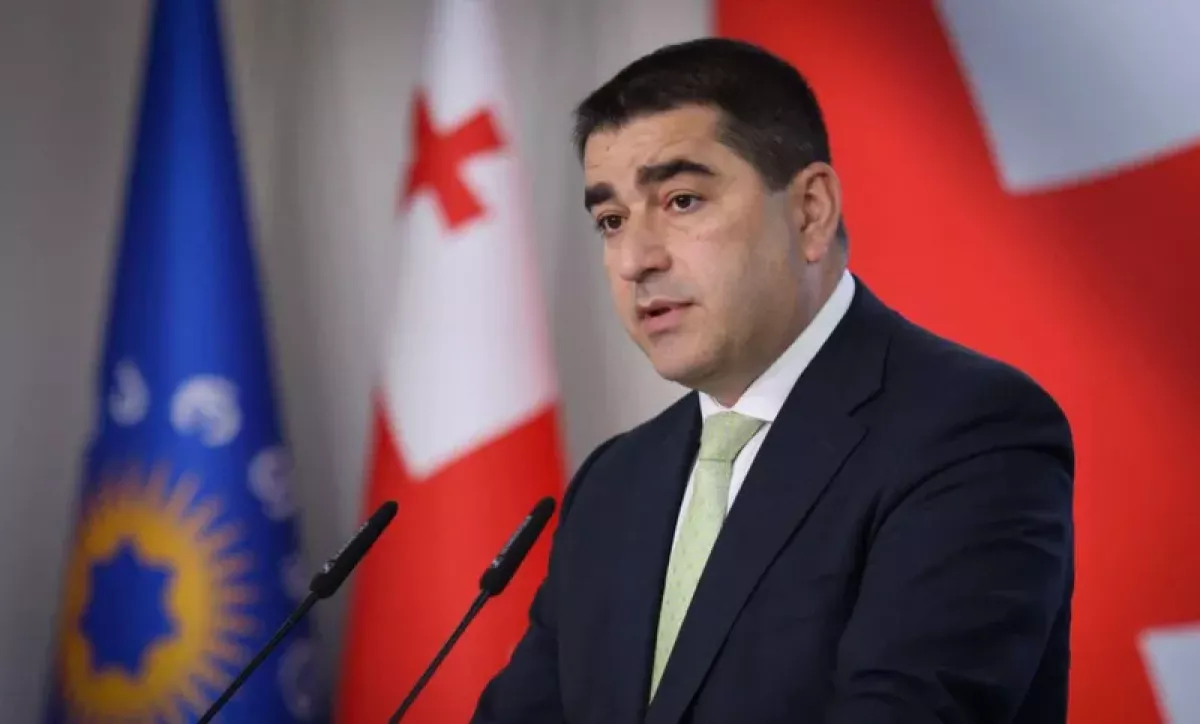
"The devil divides, but God unites. May 17, in our recent history, had become a day of division, inciting strife and splitting the nation, which had been incited by many foreign and domestic provocateurs.
With the blessing of the Patriarch and the unanimity of the nation, this day has become a day of the integrity of the nation, its most important values, purity, dignity, family, children, love and unity.
Today we clearly see what we are fighting for, what we are striving for and what we want for our present and future. Our country, our homeland, our people will never become victims of invented ideologies, which they have tried to preach and will continue to try to preach in the future.
I congratulate everyone on the Day of the Sanctity of the Family!” wrote Shalva Papuashvili, Speaker of the Georgian Parliament, on social media.
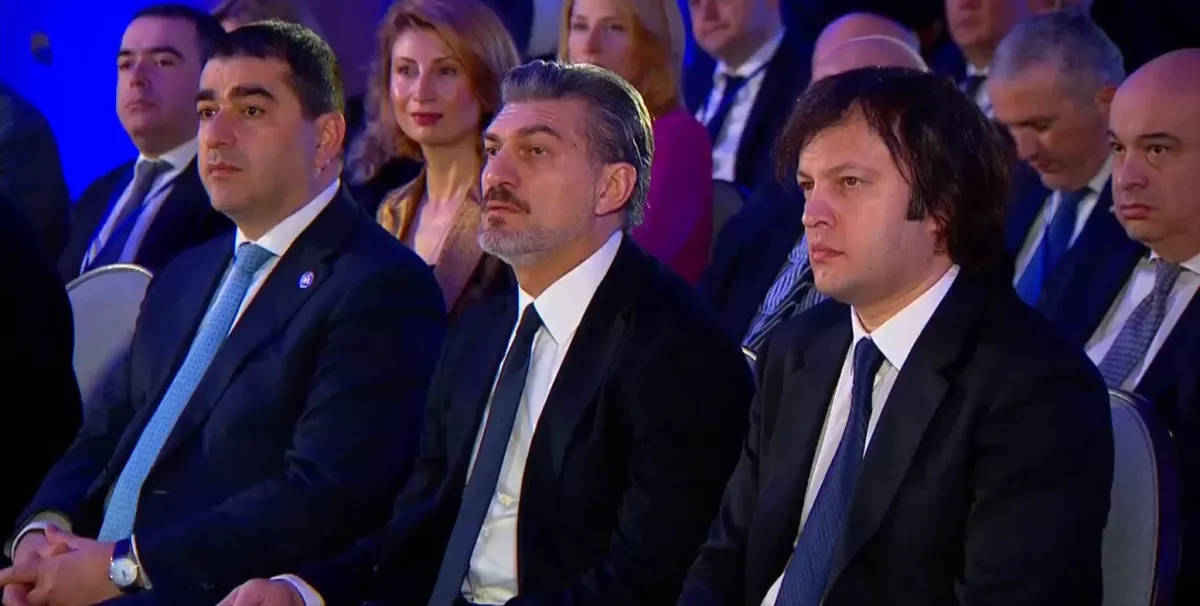
This year, the Day of Family Sanctity became especially symbolic for Georgia. The procession to the Holy Trinity Cathedral was attended by President Mikheil Kavelashvili, Prime Minister Irakli Kobakhidze, Speaker Shalva Papuashvili, and other high-ranking officials.
Government representatives stated that their aim was to “show the world where Georgia and the Georgian people stand, and what values they uphold.” In addition to the capital, Tbilisi, large-scale marches were held in ten other cities across the country. Through this, both the Georgian public and leadership demonstrated that they have no intention of submitting to external dictates when it comes to values, traditions, and people’s worldview—and that they reject the LGBT agenda being imposed from abroad. In today’s world, that stance serves as a critical marker.
It is no coincidence that certain supranational and transnational structures invest massive resources into promoting concepts like “gender diversity,” “transgender identity,” “sex change,” “same-sex marriage,” and pride parades—while simultaneously working to dismantle the traditional family.
“I would like to thank the Patriarch for giving us this day. We must preserve our traditional values—that is what today’s event is all about,” said Georgian Prime Minister Irakli Kobakhidze in an interview with journalists ahead of the march in Tbilisi marking the Day of Family Sanctity and Respect for Parents.
The Prime Minister also emphasised that powerful global forces and ideologies are attempting to impose false values on Georgian society.
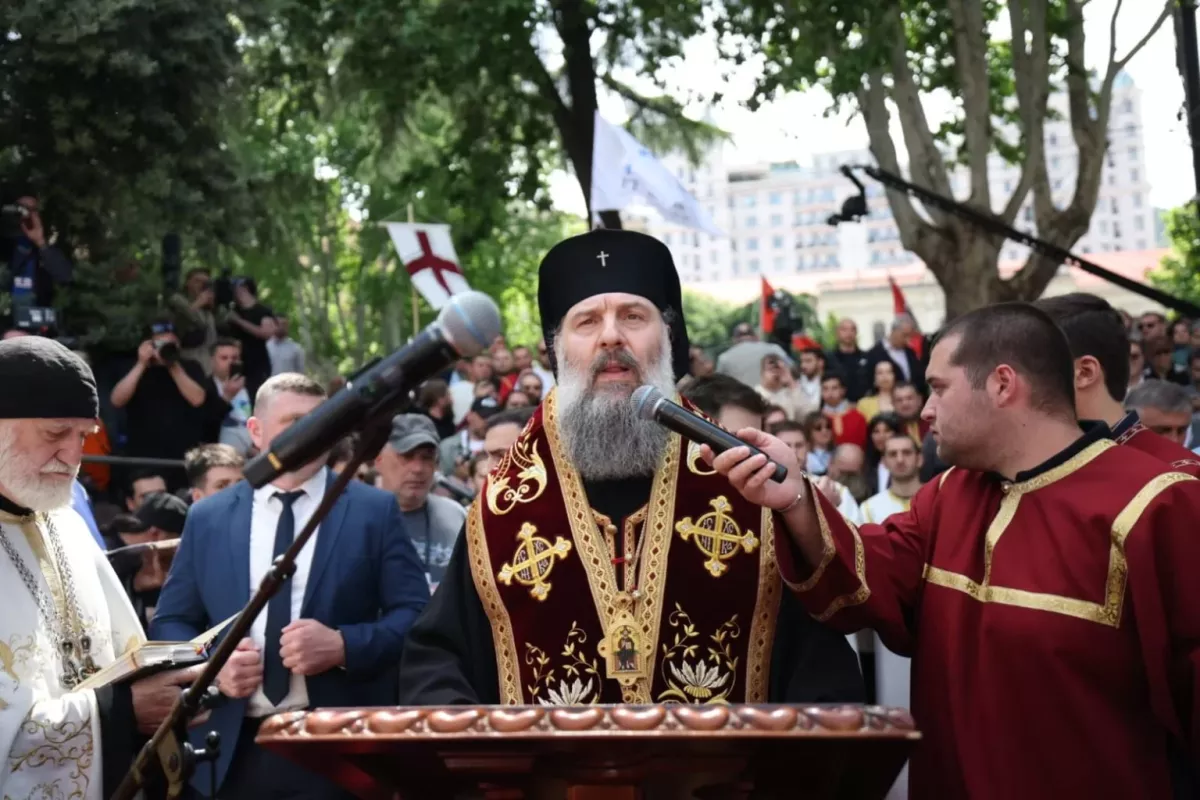
It was also symbolic that the Locum Tenens of the Patriarchal Throne, Metropolitan Shio (Mujiri) of Senaki and Chkhorotsku, used his address to the march participants to advocate for legislative restrictions on abortion and for the promotion of anti-abortion messaging.
Metropolitan Shio specifically proposed sending professionals into schools and universities to speak about “the psychological, physiological, and spiritual harm caused by abortion—not to mention its demographic impact.” He also suggested expanding social programmes in which the Church could cooperate with the state.
“We need to move towards adopting laws that regulate and tighten this issue,” the Metropolitan said. He added that similar restrictions are already in place in several EU countries, and that 10 U.S. states have completely banned abortion.
“In recent decades, the population of our nation has decreased from 5 million to 3.7 million, and this is due—among other factors—to the alarming abortion statistics. When a country, despite such a concerning situation, fails to act, it means it is in a state of self-destruction, and nothing good lies ahead. A nation that kills its own children is unworthy of great happiness, major victories, unity, or salvation,” said Metropolitan Shio in his address during the Family Sanctity Day march.
Members of the Georgian government present at the event did not express any objections to the Metropolitan’s words—implying, at the very least, that they agree with him and the Georgian Orthodox Church that abortion is a clear evil in light of Georgia’s current demographic crisis.
As expected, following Metropolitan Shio’s anti-abortion statement, he, the Georgian Orthodox Church, and the ruling Georgian Dream party came under fierce criticism from opposition figures, Western-funded “activists,” and feminist groups.
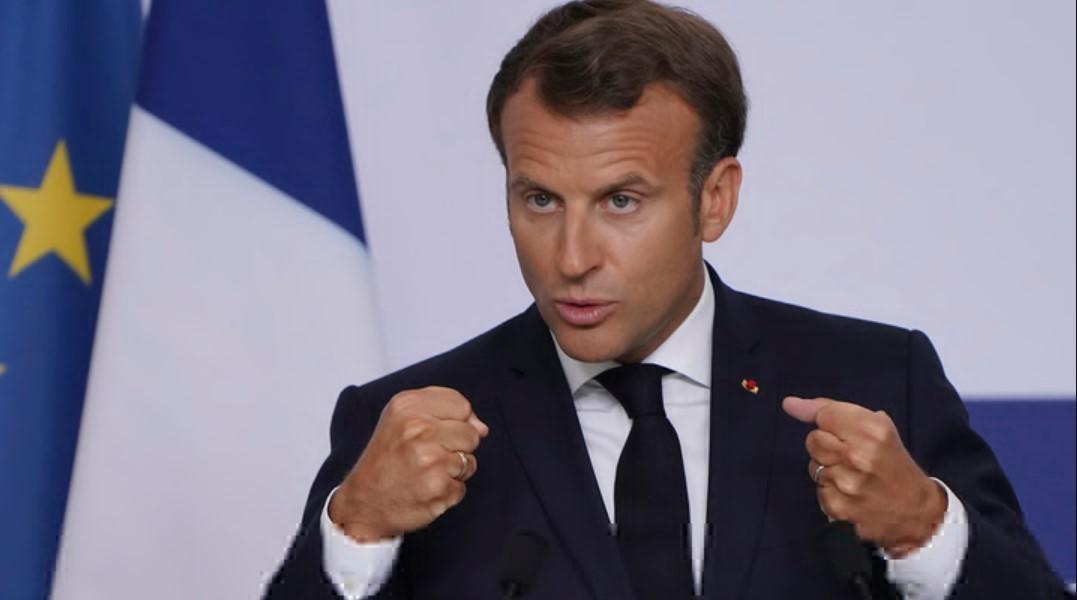
A symbolic aspect of the recent developments in Georgia is that Metropolitan Shio and the Georgian authorities are taking a stance diametrically opposed to the policy zealously promoted by French President Emmanuel Macron—whom President Salome Zourabichvili has long aligned herself with politically and ideologically.
In fact, it was at Macron’s initiative that, despite protests from France’s conservative public, both chambers of the French Parliament approved a constitutional amendment in March last year, enshrining a woman’s “guaranteed right to abortion.” France thus became the first country in the world to constitutionally guarantee the right to abortion.
This move distinguishes France from other Catholic European countries such as Poland, where abortion is banned, and Italy, where the procedure is legal but tightly regulated. In Italy, for example, there is a mandatory seven-day reflection period before an abortion can be carried out, during which the woman is encouraged to reconsider. Additionally, around 70% of gynaecologists in Italy reportedly refuse to perform abortions on religious grounds.
Emmanuel Macron, in his push to promote abortion rights, went so far last year as to enter into a public dispute with Italian Prime Minister Giorgia Meloni. He accused the head of the Italian government of attempting to remove references to “safe and legal abortions” from the final communiqué of the G7 summit held in the summer of 2024. At the time, Macron openly declared that France would “defend the right to abortion by force.” Meloni, in contrast to Macron, is well known for her sharply negative stance on abortion, which she describes as a tragedy.
All of this clearly shows that Georgia is moving in a direction not favoured by Paris. Georgia has firmly taken a path of defending its sovereignty, as well as its national and religious identity.
"I would like to promise you all, on behalf of the Government of Georgia, that the authorities will steadfastly stand guard over traditional values and national interests. Congratulations on this day," said Georgian Prime Minister Irakli Kobakhidze addressing those gathered at the Holy Trinity Cathedral. The Prime Minister emphasized the importance of unity within Georgian society around traditional values and noted that there are forces opposing all of this, creating false ideologies and values, and that it is the government's duty to protect national values.
Vladimir Tskhvediani, Georgia, exclusively for Caliber.Az








